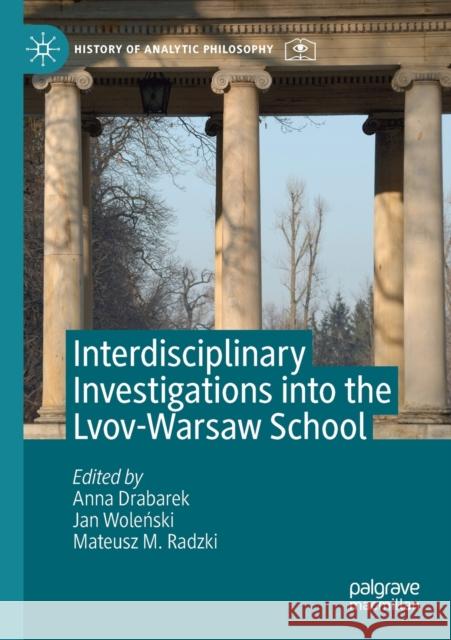Interdisciplinary Investigations Into the Lvov-Warsaw School » książka
topmenu
Interdisciplinary Investigations Into the Lvov-Warsaw School
ISBN-13: 9783030244880 / Angielski / Miękka / 2020 / 289 str.
Interdisciplinary Investigations Into the Lvov-Warsaw School
ISBN-13: 9783030244880 / Angielski / Miękka / 2020 / 289 str.
cena 321,26
(netto: 305,96 VAT: 5%)
Najniższa cena z 30 dni: 308,41
(netto: 305,96 VAT: 5%)
Najniższa cena z 30 dni: 308,41
Termin realizacji zamówienia:
ok. 22 dni roboczych.
ok. 22 dni roboczych.
Darmowa dostawa!
Kategorie:
Kategorie BISAC:
Wydawca:
Palgrave MacMillan
Seria wydawnicza:
Język:
Angielski
ISBN-13:
9783030244880
Rok wydania:
2020
Wydanie:
2019
Numer serii:
000380819
Ilość stron:
289
Waga:
0.41 kg
Wymiary:
21.01 x 14.81 x 1.78
Oprawa:
Miękka
Wolumenów:
01
Dodatkowe informacje:
Wydanie ilustrowane











